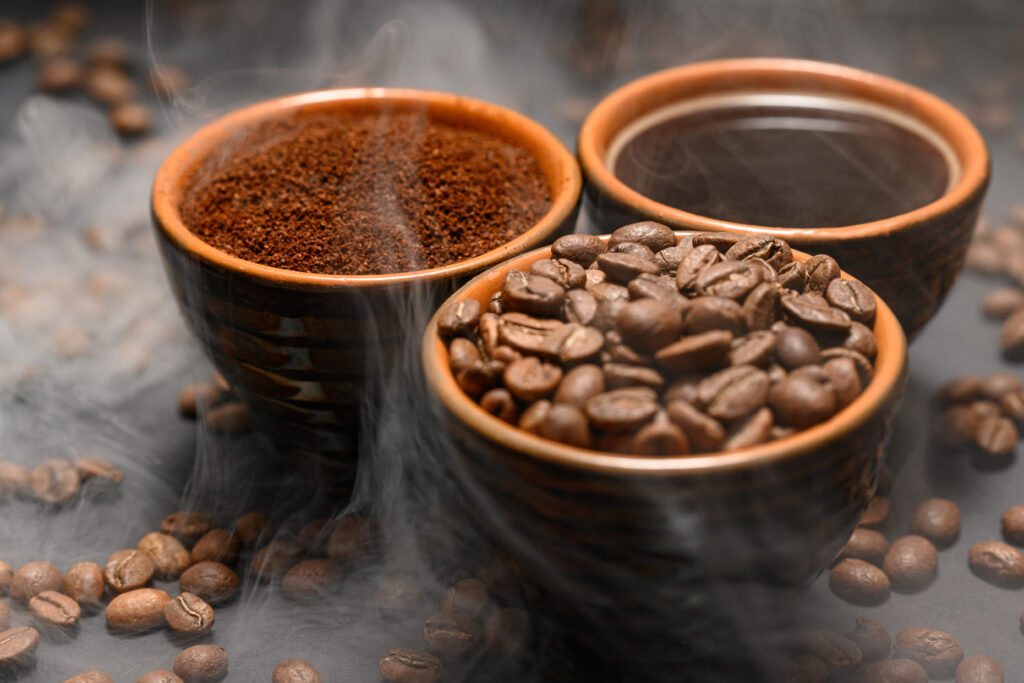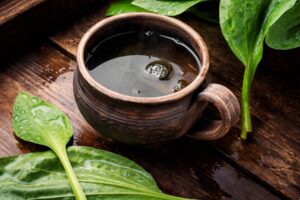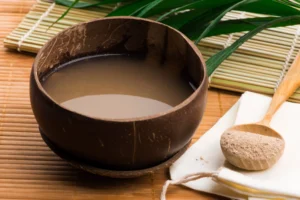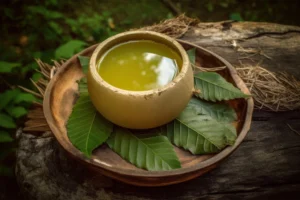Kava and caffeine are two popular psychoactive substances that have been used for centuries for their stimulating effects. Both kava and caffeine are widely available in many countries, but they differ in their composition, origin, and effects on the body. In this article, we will explore the differences between kava and caffeine and understand their benefits and drawbacks.
What is Kava?
Kava is a beverage that is made from the roots of the kava plant, which is native to the South Pacific islands. It has been used for centuries by Pacific Islanders as a traditional ceremonial drink and is also used for its relaxing and euphoric effects. Kava has been shown to have anxiolytic, anticonvulsant, and pain-relieving effects, making it a popular alternative to prescription drugs for treating anxiety and depression.


Kava works by increasing the level of dopamine, a neurotransmitter that is responsible for regulating mood and pleasure, in the brain. It also has an effect on GABA, a neurotransmitter that helps regulate anxiety, causing a reduction in anxiety levels. In addition to its anxiety-reducing effects, Kava is also known to have a relaxing effect on the muscles and to have a mild anesthetic effect, making it ideal for reducing stress and promoting sleep.
What is Caffeine?
Caffeine, on the other hand, is a natural stimulant that is commonly found in coffee, tea, soda, and energy drinks. It works by blocking the action of adenosine, a neurotransmitter that promotes sleep, leading to increased alertness and wakefulness. Caffeine also stimulates the release of other neurotransmitters, including dopamine and norepinephrine, which can improve mood, increase energy levels, and improve cognitive function.
Caffeine is the most commonly used psychoactive substance in the world and is widely used to improve mental and physical performance, reduce fatigue, and increase wakefulness. However, it can also cause side effects such as jitters, anxiety, heart palpitations, and insomnia if consumed in excess.
How They Work
Kava and caffeine work in different ways to affect the body. Kava acts as an anxiolytic, meaning it reduces anxiety by increasing the levels of GABA, a neurotransmitter that calms the nervous system. On the other hand, caffeine works as a central nervous system stimulant, increasing alertness, focus, and energy by blocking adenosine and increasing dopamine levels.
Effects on the Body
Kava and Caffeine have different effects on the body. Kava works by reducing anxiety and promoting relaxation, while caffeine stimulates the nervous system and improves alertness. The effects of Kava can last for several hours, while the effects of caffeine typically last for only a few hours.
One of the key differences between Kava and caffeine is their impact on the liver. Kava has been shown to have toxic effects on the liver in high doses, and its use is banned in several countries. Caffeine, on the other hand, has not been shown to have any toxic effects on the liver, and it is considered safe for most people when consumed in moderation.
Dosage
The recommended dosage of kava and caffeine varies widely depending on the individual and the form in which they are consumed. A typical dose of kava is between 150 to 300 milligrams of kavalactones, the active compounds in kava, per day. In contrast, a typical dose of caffeine is between 50 to 200 milligrams per day, although this can vary widely depending on the person and the form in which the caffeine is consumed.
Side Effects
Both kava and caffeine can have side effects when consumed in excessive amounts. Kava can cause liver damage when taken in large amounts, and it is not recommended for people with liver problems. On the other hand, excessive caffeine consumption can cause symptoms such as anxiety, jitters, insomnia, and heart palpitations.
Conclusion
Kava and caffeine are two popular psychoactive substances that have been used for centuries for their effects on the body. Although they both have benefits and drawbacks, they differ in their composition, origin, and effects on the body. Kava is known for its calming and relaxing effects, while caffeine is known for its stimulating effects. It is important to consume both kava and caffeine in moderation and to be aware of the potential side effects and interactions with other medications.




